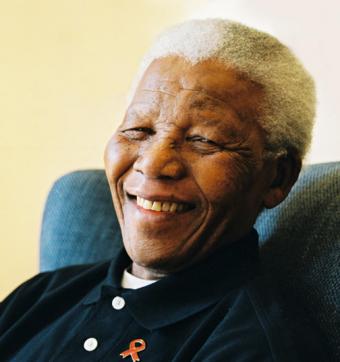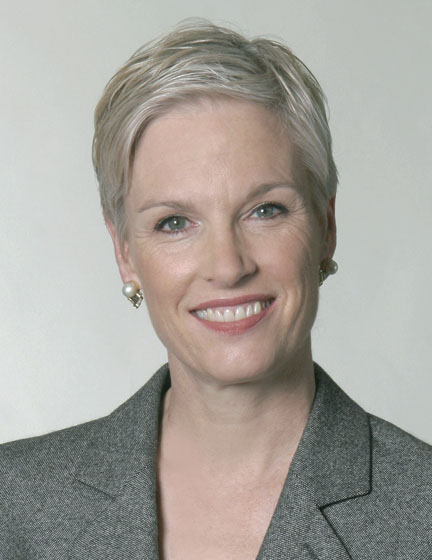PROVIDENCE, R.I. [Brown University] — Former President of South Africa Nelson Mandela and seven people who have distinguished themselves through their efforts in the arts, sciences, letters, scholarship and public service will receive honorary degrees from Brown University at Commencement Sunday, May 30, 2010:
- Morgan Freeman, stage and screen actor, has more than four dozen films to his credit, including Driving Miss Daisy (1989), The Shawshank Redemption (1994), The Bucket List (2007), and Invictus (2009), in which he played Nelson Mandela.
- Barbara Liskov is the first U.S. woman to earn a doctorate from a computer science department and among the nation’s most honored computing pioneers.
- Nelson Mandela, anti-apartheid leader and former president of South Africa, was the 1993 recipient of the Nobel Peace Prize. Johnny Moloto, charge d’affaires at the Embassy of South Africa in Washington, will accept the degree on Mandela’s behalf.
- Shahrnush Parsipur is an Iranian-born novelist whose books, though popular, have been banned in her home country. She was the inaugural fellow in Brown’s International Writers Project in 2003-04.
- Cecile Richards, a 1980 graduate of Brown, has devoted her career to public service, voting rights, education and advocacy. She is president of the Planned Parenthood Federation of America.
- David Rohde, a 1990 Brown graduate, has won two Pulitzer Prizes as an international correspondent for The New York Times. Rohde will deliver the baccalaureate address to graduating seniors on Saturday, May 29, in the First Baptist Meeting House.
- Romila Thapar is a scholar and historian of ancient India who has challenged incomplete understandings of Indian history and helped shape a perception of India on its own terms.
- Gordon S. Wood is the Pulitzer Prize-winning historian of America’s early years as a nation. Now the Alva O. Way University Professor Emeritus, he joined the Brown faculty in 1969.
Honorary degrees are awarded by the University’s Board of Fellows and are conferred by the University president — in English and in Latin — during Commencement exercises on the College Green.
None of the recipients will speak at the Commencement ceremony; that honor is reserved for two members of the graduating senior class. Many of the honorands will, however, participate in Commencement forums and other public presentations on Saturday, May 29. Information about times and places will be available from the Office of Media Relations and on the University’s 2010 Commencement Web page.
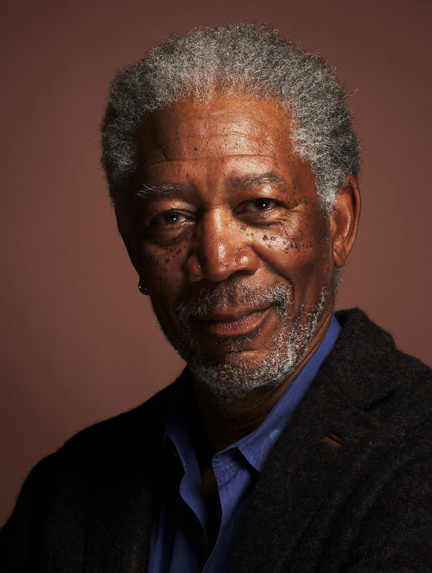
Doctor of Fine Arts (D.F.A.)
Text of citation
Academy Award-winning actor Morgan Freeman is one of the most recognizable figures in American cinema. He currently holds the No. 10 ranking among the world’s top-grossing actors of all time, with films earning more than $3 billion in ticket sales.
After beginning his acting career in off-Broadway stage productions, Freeman segued into television work with a stint on the children’s program The Electric Company, followed by a wide variety of film and stage roles. His 1978 Broadway performance as Zeke in The Mighty Gents brought Freeman Tony and Drama Desk nominations for best actor. His stage work earned Obie awards in 1980, 1984, and 1987. Freeman received a second Drama Desk nomination in 1987 for the role of Hoke Colburn, which he created for the Alfred Uhry play Driving Miss Daisy and reprised in the 1989 movie, for which he was nominated for an Academy Award as best supporting actor. In 2005, Freeman teamed with his close friend, the director Clint Eastwood, to star in the Oscar-winning drama Million Dollar Baby, in which his performance earned him his fourth Oscar nomination and an Oscar in the Best Supporting Actor category. The Academy nominated Freeman for best actor a fifth time for the 2009 Eastwood-directed drama Invictus, in which Freeman memorably played South African leader Nelson Mandela.
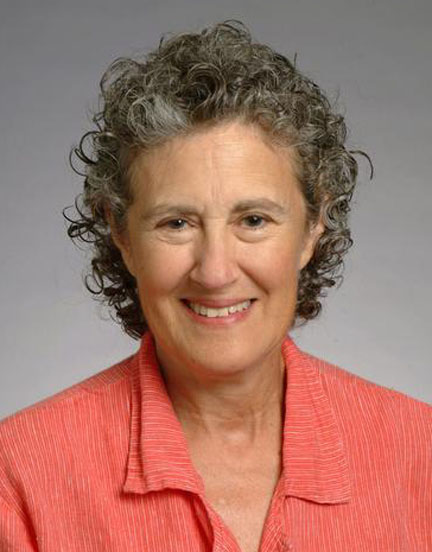
Doctor of Science (Sc.D.)
Text of citation
Barbara Liskov, the first U.S. woman to earn a Ph.D. from a computer science department (Stanford, 1968), is an Institute Professor at MIT’s Computer Science and Artificial Intelligence Laboratory and associate provost for faculty equity. In 2009 she won the Association for Computing Machinery’s (ACM) Turing Award, one of the highest honors in science and engineering, for her pioneering work in the design of computer programming languages. She was only the second woman to receive the honor, which is described as the “Nobel Prize in computing.”
Liskov’s research interests include distributed systems, replication algorithms to provide fault-tolerance, programming methodology, and programming languages. Her recent research focuses on techniques that enable a system to continue operating properly in the event of the failure of some of its components. She is a member of the National Academy of Engineering, a fellow of the American Academy of Arts and Sciences, and a fellow of the ACM. She received the ACM SIGPLAN Programming Language Achievement Award in 2008, the IEEE Von Neumann medal in 2004, and a lifetime achievement award from the Society of Women Engineers in 1996. In 2003 she was named one of the 50 most important women in science by Discover magazine.
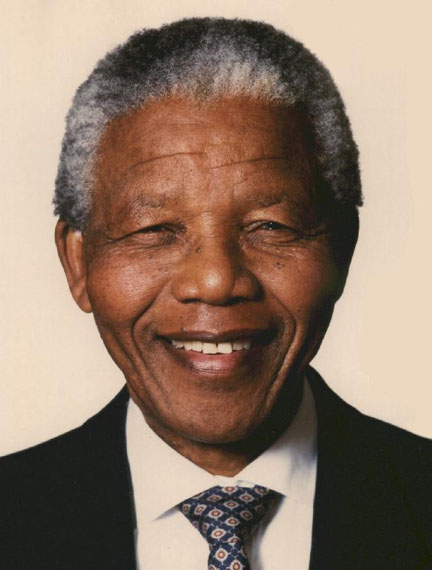
Doctor of Laws (LL.D.)
Text of citation
Accepted by Johnny Moloto, charge d’affaires, Embassy of South Africa
In an extraordinary life spanning most of the 20th century — he will turn 92 in July — Nelson Mandela followed a course that led from non-violent resistance to armed anti-apartheid insurgency and a 27-year imprisonment for sabotage. Upon his release from prison early in 1990, Mandela helped lead South Africa toward truth, reconciliation, justice and multiracial democracy. He and South African President F.W. de Klerk were jointly awarded the Nobel Peace Prize in 1993.
Born July 18, 1918, in the small village of Mveso, Mandela was the first member of his family to attend a school. He began his undergraduate studies at Fort Hare University, then relocated to Johannesburg, where he worked as a clerk in a law firm. He completed his Bachelor of Arts at the University of South Africa and began to study law at the University of Witwatersrand.
Mandela’s participation in South African political life began in earnest in 1948, with the electoral victory of the pro-apartheid National Party. Initially devoted to Gandhi’s principles of nonviolence, Mandela grew frustrated at the lack of progress in the struggle against apartheid and moved toward armed resistance as a last resort. He was a cofounder and leader of the armed wing of the African National Congress, organizing sabotage against military and government targets. Arrested Aug. 5, 1962, he was tried and sentenced to five years in prison — first on charges of leading workers to strike and later on the more serious charge of sabotage. He remained in prison until Feb. 11, 1990.
On his release, Mandela resumed leadership of the African National Congress, working through negotiations that led to South Africa’s first multiracial elections and to his own election as president — with the National Party’s F.W. de Klerk serving as his first deputy. During his term as president, May 1994 through June 1999, Mandela presided over the dismantling of apartheid and made the process of truth and reconciliation an international model. He has received more than 250 awards in addition to the 1993 Nobel Peace Prize. The U.N. General Assembly has declared that July 18 — his birthday — be known as Mandela Day to recognize and celebrate his contributions to world freedom.
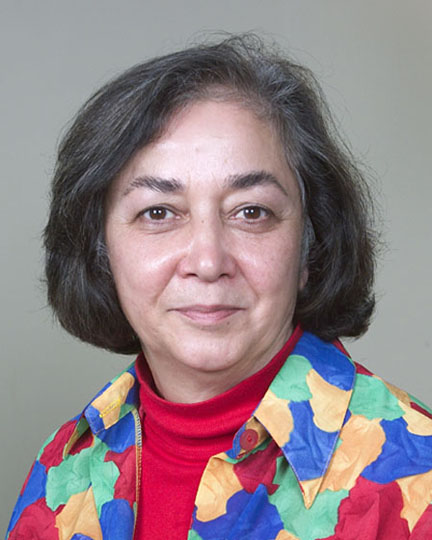
Doctor of Letters (Litt.D.)
Text of citation
A frank proponent of women’s rights, Iranian-born novelist Shahrnush Parsipur has seen all of her books banned in her native land and has been imprisoned for her writings four times, once for nearly five years.
Parsipur’s writing career began in 1974 with the publication of her first novel, The Dog and the Long Winter, in which a tradition-bound young woman encounters the revolutionary activism of her brother and his friends. Parsipur’s later works, such as Touba and the Meaning of the Night (1989) and Women Without Men (1989), explore the condition of women in Iran. A bestseller in Iran, Touba, like many of Parsipur's books, remains banned. In all, she has written 11 works of fiction and memoir. Translations of Parsipur’s stories appear in Stories by Iranian Women since the Revolution (1991) and Stories from Iran: A Chicago Anthology (1991).
Imprisoned by both the Shah’s security agency and the Islamic Republic in turn, the author now lives in exile in California. Parsipur was the first recipient of the International Writers Project Fellowship from Brown University in 2003-04. She also has received a Lillian Hellman/Dashiell Hammett Award from the Fund for Free Expression.
Doctor of Humane Letters (L.H.D.)
Text of citation
Since February 2006, Cecile Richards has been president of the Planned Parenthood Federation of America and the Planned Parenthood Action Fund, the nation’s leading sexual and reproductive health care advocate and provider. A 1980 graduate of Brown, Richards has a long history of organizing in support of healthcare, reproductive freedom, and social justice. In 2004 she founded and served as president of America Votes, a coalition of 42 national organizations that maximized voter registration, education, and mobilization efforts at the grassroots level. She served as deputy chief of staff for Congresswoman Nancy Pelosi and played a key role in her election as the Democratic leader in the House of Representatives.
Richards began her career organizing low-wage workers throughout California, Louisiana, and Texas. She later established the Texas Freedom Network, a grassroots organization that has grown to include more than 28,000 clergy and community leaders, to advance religious freedom and individual liberties across the state. The daughter of former Texas Gov. Ann Richards, Cecile Richards worked with her mother on her first campaign, the successful election to the Texas state legislature of Sarah Weddington, an attorney who had successfully argued Roe v. Wade.
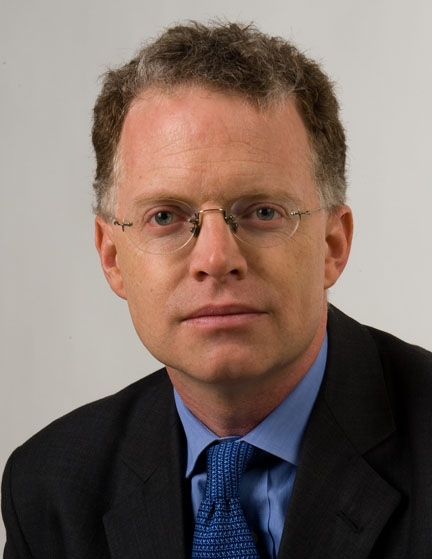
Doctor of Letters (Litt.D.)
Text of citation
David Rohde, a two-time Pulitzer Prize-winning reporter for The New York Times, has covered the conflicts in Afghanistan, Pakistan, Iraq, Israel-Palestine, and the Balkans. A 1990 Brown graduate, he is the author of Endgame: The Betrayal and Fall of Srebrenica, Europe’s Worst Massacre Since World War II (1997) and co-author of the forthcoming A Rope and A Prayer: The Story of a Kidnapping (fall 2010), an account of his seven-month imprisonment by the Taliban and his daring escape last June that reveals Pakistan’s support for the Taliban and the world of young militants.
Rohde has been an investigative reporter for The New York Times since 2005 and served as the newspaper’s South Asia Bureau co-chief from 2002 to 2005. He joined The Times in 1996. He previously worked for The Christian Science Monitor, The Philadelphia Inquirer, and ABC News. The five-part series he wrote on his captivity was a finalist for the 2010 Pulitzer Prize for International Reporting and won George Polk, Michael Kelly, ASNE, and Medill awards. In 2009, Rohde was part of an eight-reporter team from The Times that won the Pulitzer Prize for International Reporting for its coverage of Afghanistan and Pakistan. In 1996 his Christian Science Monitor stories on the execution of 8,000 Bosnian Muslims in Srebrenica were awarded the Pulitzer Prize for International Reporting.
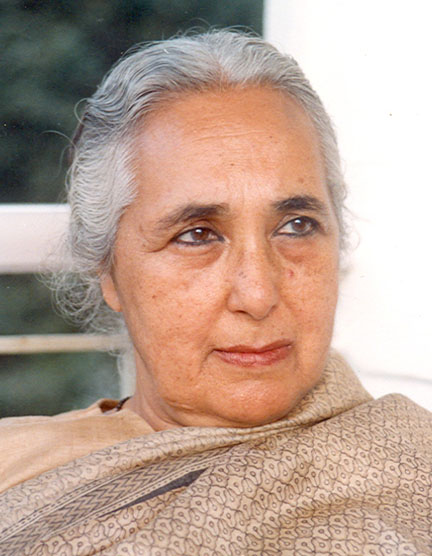
Doctor of Humane Letters (L.H.D.)
Text of citation
Romila Thapar, professor emerita of ancient Indian history at Jawaharlal Nehru University in Delhi, India, is a world-renowned scholar who revolutionized the study of early Indian history. Her research, which used as sources a variety of ancient texts in their original languages, challenged the colonial framework that had oversimplified previous accounts of Indian history.
As a public intellectual, Thapar has criticized incomplete portrayals of Indian history and has shaped the thinking of subsequent generations of scholars. She received her doctorate from the School of Oriental and African Studies, London University, in 1958. Thapar is the author or co-author of 15 books, including Asoka and the Decline of the Mauryas (1961), A History of India, Vol. 1 (1966), Ancient Indian Social History: Some Interpretations (1984), and Early India: From the Origins to AD 1300 (2003).
Thapar is a member of the American Academy of Arts and Sciences and in 2008 was awarded the Kluge Prize for lifetime achievement in the field of history.
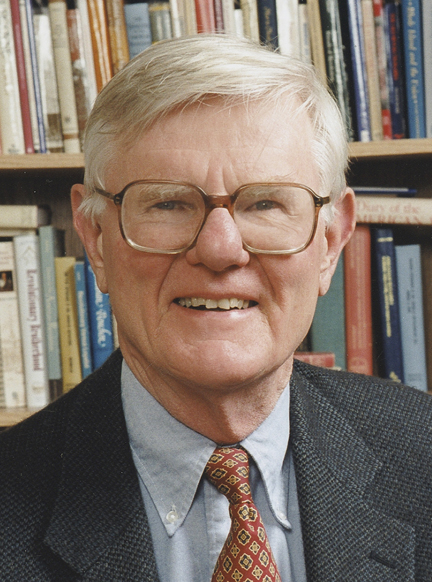
Doctor of Letters (Litt.D.)
Gordon S. Wood
Renowned author and historian Gordon S. Wood is the Alva O. Way University Professor and professor of history emeritus at Brown. His 1992 book, The Radicalism of the American Revolution, won the Pulitzer Prize for history and the Ralph Waldo Emerson Prize. He is the author of The Creation of the American Republic, 1776-1787 (1969), which won the Bancroft Prize in history and the John H. Dunning Prize in 1970; The Americanization of Benjamin Franklin (2004), which won the Julia Ward Howe Prize from the Boston Authors Club in 2005; and a number of other distinguished books on early American history.
His volume in the Oxford History of the United States, Empire of Liberty: A History of the Early Republic, 1789-1815, published in October 2009, was a finalist for the 2010 Pulitzer Prize in history. The Pulitzer committee described it as “a lucid exploration of a turbulent era when a profoundly changing America, despite the sin of slavery, came to see itself as a beacon to the world.” Wood received his Bachelor of Arts from Tufts and his Ph.D. from Harvard. He taught at Harvard and the University of Michigan before joining the faculty at Brown in 1969. He is a fellow of the American Academy of Arts and Sciences and the American Philosophical Society.

